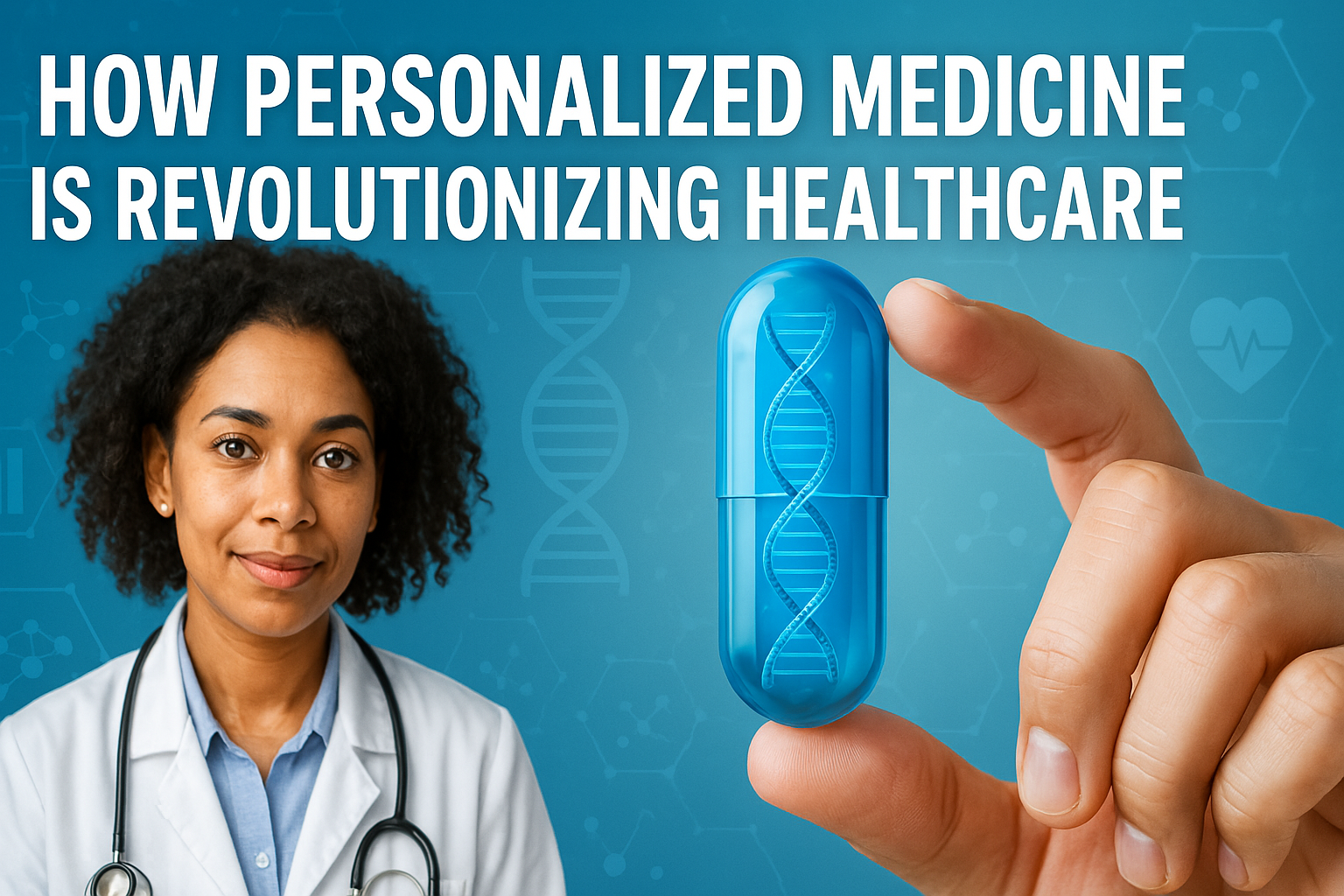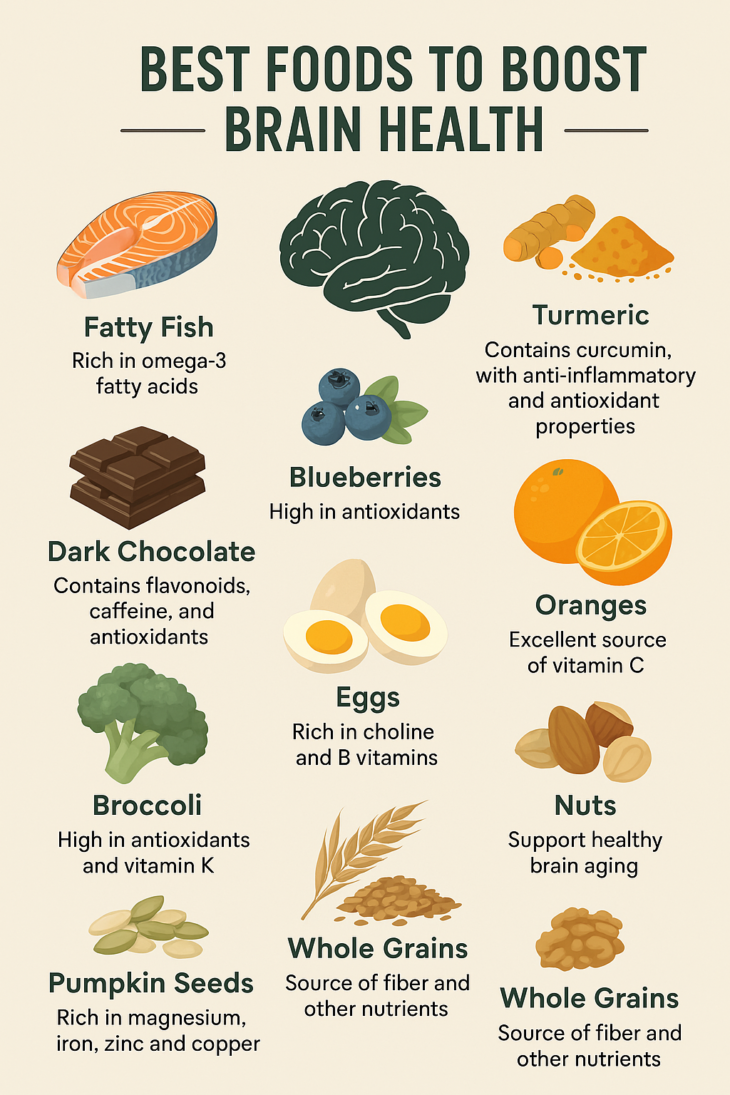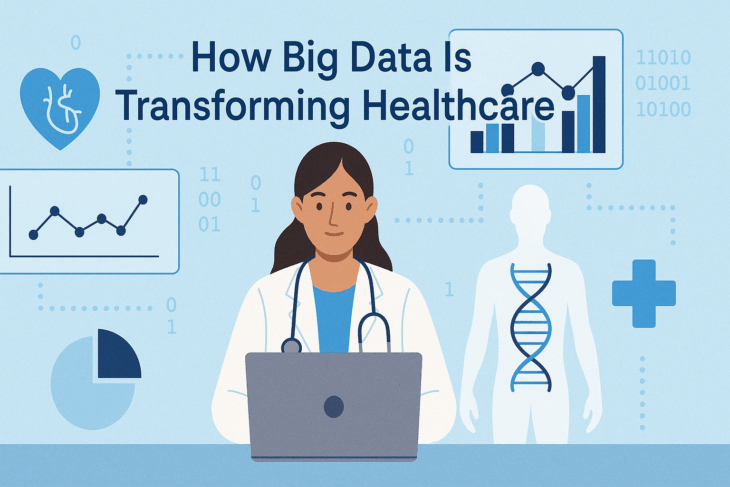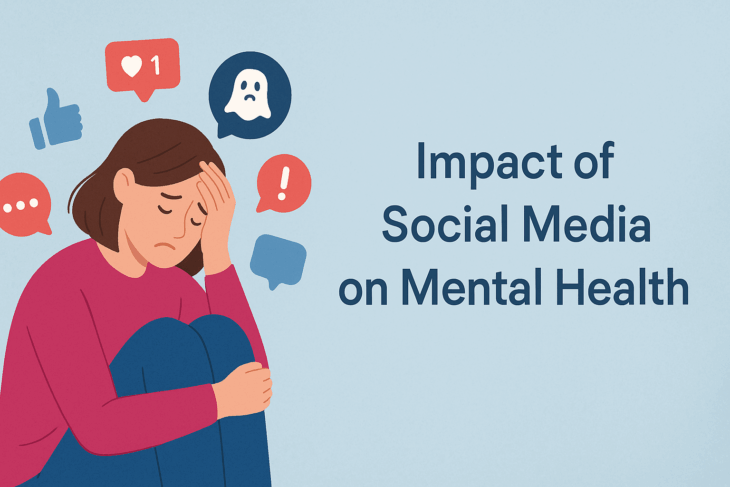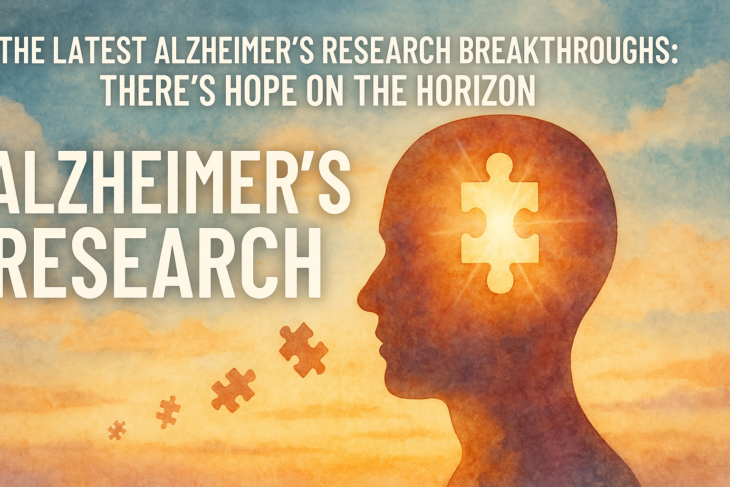You’re walking into a clinic and getting a treatment designed just for you. Not a generic prescription, not a one-size-fits-all solution, but a medical plan based on your DNA, lifestyle, and even your environment. Sounds futuristic? Well, welcome to the world of personalized medicine. It’s not science fiction anymore. It’s a science fact. And it’s completely transforming how we think about health and healing.
What Is Personalized Medicine?
Personalized medicine, sometimes called precision medicine, is a new approach to treating and preventing disease. Instead of giving everyone the same pill and hoping it works, doctors use detailed information about your genes, habits, and even your microbiome to tailor treatments.
Think of it like a custom-made suit. It fits better, feels better, and simply works better than something off the rack.
Why the Old Way Isn’t Enough Anymore
Traditional medicine has done wonders, no doubt. But it also has its limits. Two people can take the same medication and have completely different responses. One might improve overnight, while the other experiences side effects or sees no change at all.
Why? Because people are different. Our bodies react differently due to genetics, diet, environment, and countless other factors. Personalized medicine recognizes these differences. And works with them.
Your DNA, Your Health Blueprint
At the heart of personalized medicine is your genetic code. Thanks to advances in genomics, scientists can now sequence your DNA quickly and affordably. With that, they can spot the genetic markers that make you more likely to develop certain diseases—like cancer, diabetes, or heart disease.
But it doesn’t stop there.
Doctors can also use your genetic profile to predict how you’ll respond to specific medications. This helps avoid the frustrating (and sometimes dangerous) trial-and-error method of prescribing drugs. Instead, you get a treatment that’s more likely to work the first time.
Real Impact: From Cancer to Mental Health
So, how personalized medicine is revolutionizing healthcare in real life?
Let’s look at cancer treatment. In the past, oncologists treated breast cancer patients with a similar cocktail of chemotherapy drugs. Today, they use genetic tests to understand the exact mutations causing a person’s cancer. Then they choose drugs that target those specific mutations. The result? Better outcomes and fewer side effects.
Mental health is another area seeing big changes. For years, treating depression or anxiety involved trying one antidepressant after another until something worked. Now, with pharmacogenomic testing, doctors can match patients to the medications that are most likely to help based on their genes.
It’s a total game-changer.
Beyond Genetics: Lifestyle and Environment Matter Too
Genes are just part of the story. Personalized medicine also looks at your daily habits, your environment, and even your job.
Do you live in a city with high air pollution? Do you have a sedentary lifestyle? Are you eating foods that trigger inflammation in your body? These factors affect your health just as much as your DNA does. And personalized care takes them into account.
Doctors are now using wearable tech, apps, and health data to track your activity, sleep, heart rate, and more. This gives a real-time, full-picture view of your health, not just snapshots from an annual checkup.
Preventing Problems Before They Start
One of the biggest wins of personalized medicine? Prevention.
When you know your genetic risks, you can take steps to reduce them. Before a disease even appears. Let’s say your DNA shows a high risk for Type 2 diabetes. Instead of waiting until your blood sugar spikes, your doctor can help you tweak your diet, increase physical activity, and monitor changes early.
That’s not just better for your health. It’s smarter for the entire healthcare system. Fewer emergency visits, fewer chronic illnesses, and lower costs across the board.
Challenges on the Road Ahead
Of course, no revolution comes without a few bumps.
Privacy is a big one. People worry (and rightly so) about who gets access to their genetic data. Could it affect insurance? Employment? These are serious concerns that need thoughtful regulation and protection.
Cost is another issue. Genetic testing and high-tech diagnostics aren’t cheap—yet. The hope is that as the technology becomes more common, the prices will drop, making personalized care available to everyone, not just a lucky few.
And then there’s the data itself. Personalized medicine creates mountains of information. That means we need powerful tools (hello, artificial intelligence) to make sense of it all and turn it into action.
The Future Is Personal
So, back to our big question: How personalized medicine is revolutionizing healthcare?
It’s making medicine smarter, faster, and more effective. It’s shifting the focus from sick care to real healthcare—care that sees you as a unique individual, not just a patient number.
We’re not just curing illness anymore. We’re predicting it. Preventing it. Personalizing it.
And this is only the beginning.

